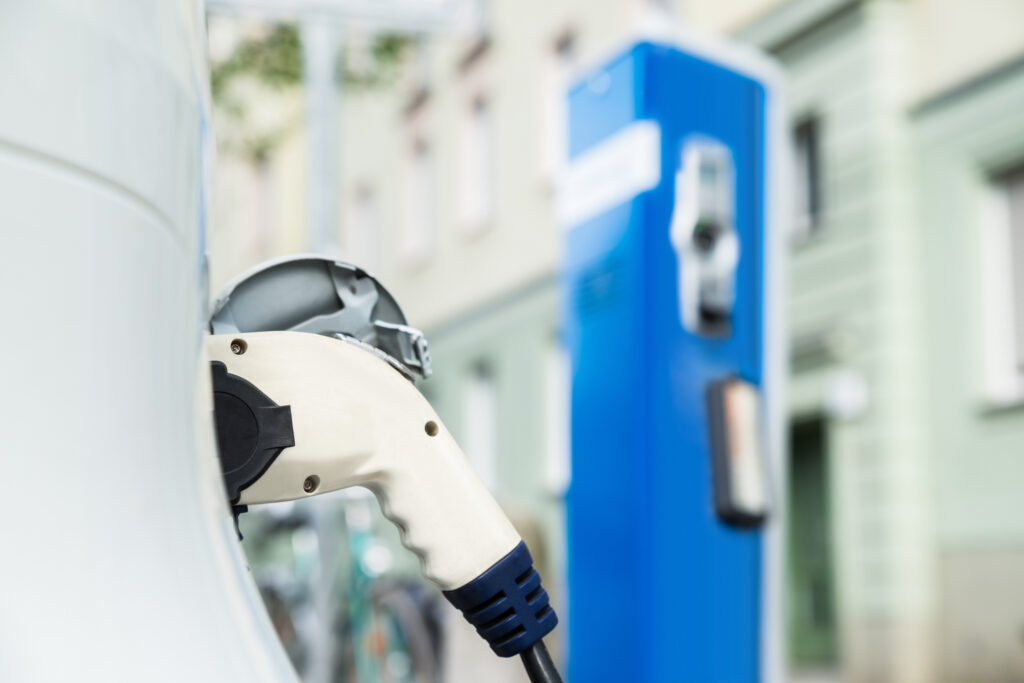On-street residential charging is in urgent need of a boost to cater for the growing number of electrical vehicles (EVs) on British roads, according to the AA.
Data released by the Department for Transport revealed that only 107 local authorities across the UK have successfully applied for the On-street Residential Chargepoint Scheme (ORCS).
In order to expand the EV charging infrastructure, the AA is calling for an urgent increase of on-street charging to help the 40% of households without a driveway, parking space or garage take part in the transition to electric cars.
“Drivers without dedicated off-street parking looking to switch to electric cars want to have the option for cheaper, affordable charging close to home rather than be reliant on the rapid network,” said Jack Cousens, head of roads policy for the AA.
“The transition to electric needs to convince people that they can easily find a charge, but we need a mix of charging speeds to make life simple for everyone. But there are huge swathes of the country without any on-street charging and that needs to be rectified urgently.
“So much focus has been placed on the rapid and ultra-rapid network, but many will be crying out for action closer to home. We are also concerned that rural areas could be left miles behind as on-street charging is often considered to be just an urban problem.”
EV charging will be crucial in growing the market with just 2,869 on-street chargers currently installed under the ORC Scheme, while funding for a further 9,543 has been approved and will be delivered in the coming years as the EV market continues to grow.
Despite this, charging infrastructure is still sporadic across the country and has led to several blackout zones.
The number of EVs on UK roads is also expected to continue its upward trajectory in light of the internal combustion engine ban active from 2030. With this, the UK has seen more EVs bought so far in 2022 than over the entirety of 2020.
Throughout July, the number of diesel cars registered remained at historically low levels, accounting for just one in ten new cars bought. This could further indicate the popularity surrounding EVs.
The AA previously warned the government that it is on track to miss its deployment targets despite funding for the future installation of over 8,000 on-street electric vehicle (EV) charge points having been awarded.





